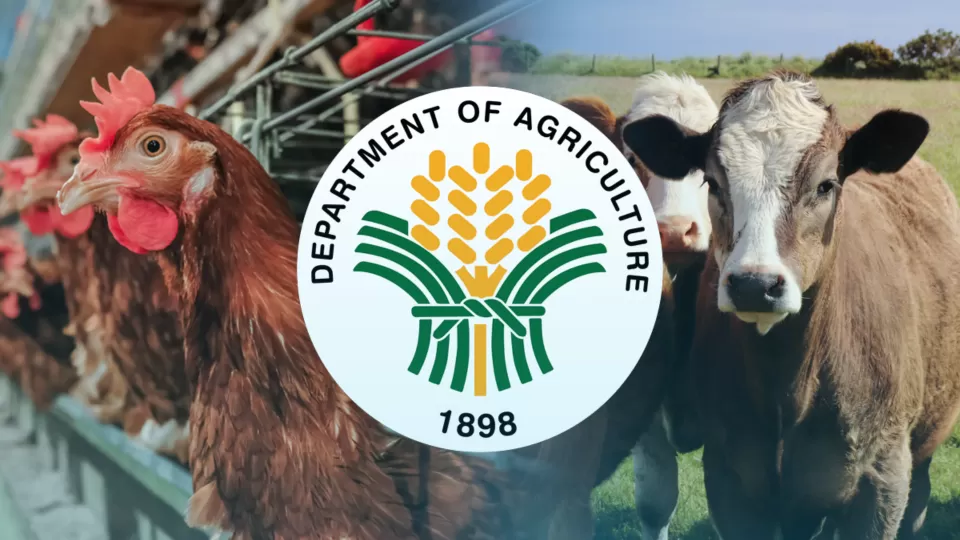February 21, 2023
MANILA – The Department of Agriculture (DA) has temporarily banned the importation of cattle and related products from The Netherlands and poultry products from Turkey.
This is due to the reported outbreak of mad cow disease in The Netherlands and of avian influenza in Turkey.
The ban covers live animals, meat and meat by-products derived from cattle, as well as domestic and wild birds and their products from the countries covered.
“This order shall take effect immediately and shall remain enforced unless revoked in writing. All orders inconsistent herewith are deemed revoked,” the orders issued separately read.
With the ban in place, the DA immediately suspended the processing, evaluation of applications and issuance of sanitary and phytosanitary (SPS) import clearance for the said products.
All meat shipments coming from The Netherlands that are in transit/loaded/accepted unto port prior to the issuance of this order will be allowed, provided the products were slaughtered or produced on or before Jan. 1.
In the case of poultry products coming from Turkey, those in transit/loaded/accepted unto port before the imposition of the ban will be allowed entry into the country as long as these were slaughtered or produced on or before Jan. 17.
The DA will carry out a more rigorous inspection on all arrivals of meat and meat by-products, as well as domestic and wild birds and their products in all major ports of entry.
Ealier, The Netherlands’ chief veterinary officer reported to the World Organization for Animal Health (WOAH) an outbreak of mad cow disease or bovine spongiform encephalopathy (BSE) affecting domestic cattles last Feb. 1.
Also, authorities from Turkey informed the WOAH there was an outbreak of highly pathogenic avian influenza (HPAI) subtype H5N1 in Asagihilal, Afyon which hit domestic birds.
“The recent cases of BSE, commonly known as mad cow disease, in The Netherlands as reported to the WOAH may pose a risk to consumers due to BSE’s assumed link with the variant Creutzfeldt-Jakob disease (vCJD) in humans,” the DA said.
“There is a need to prevent the entry of HPAI virus to protect the health of the local poultry population,” it added.


